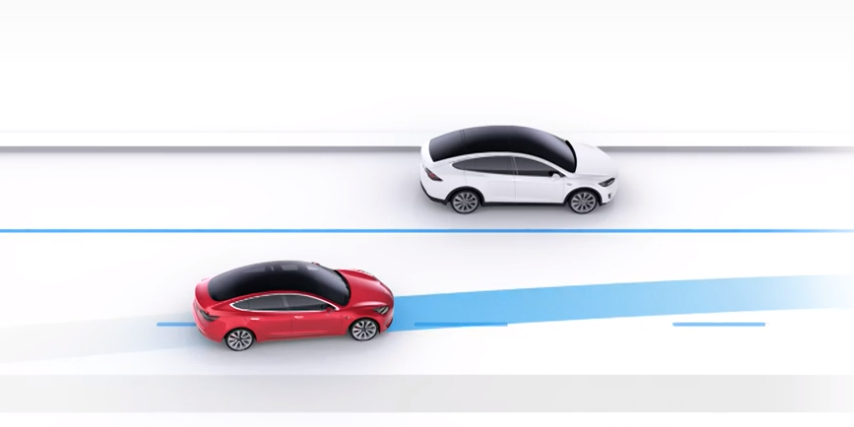FWIW, unless we are talking about a brain-in-a-box generalized AI, I don't think the term AI is useful in the real world. What is useful is defining your task and then setting parameters for levels of success.
A good example of this are the SAE autonomous driving levels:
This approach lets you get past the marketing puffery. For example, despite the name, Tesla's Full Self Driving is actually SAE Level 2. The car isn't driving which means Tesla accepts no responsibility for crashes while it is engaged.
As an aside, the furthest anyone had gotten is SAE Level 4. There are no vehicles capable of Level 5, i.e., just taking to the road under any conditions and going anywhere. It's not even clear that we will ever be able to reach this goal without unforseen technological advances.






